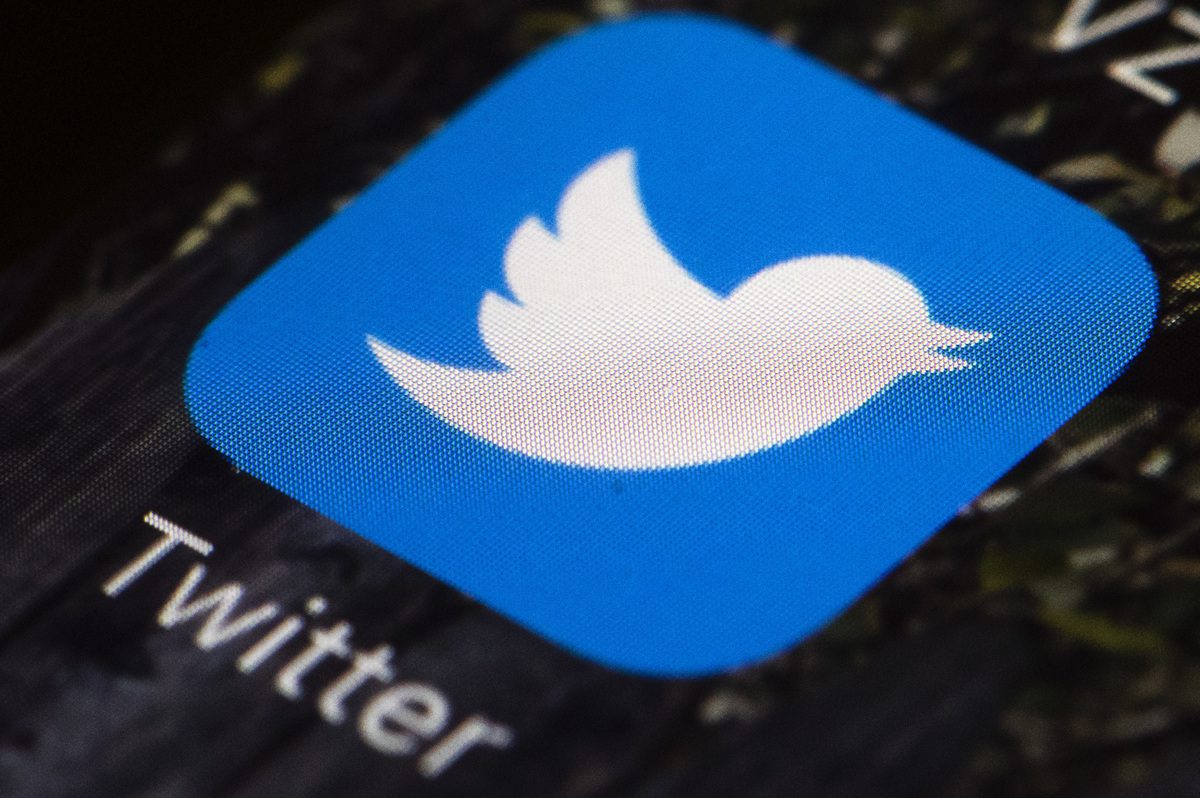
Federal regulators on Wednesday announced a settlement with Twitter over the use of user privacy.
Matt Roark/AFP
Hide caption
Caption switch
Matt Roark/AFP

Federal regulators on Wednesday announced a settlement with Twitter over the use of user privacy.
Matt Roark/AFP
Twitter has agreed to pay a $150 million fine after federal law enforcement officials accused the social media company of illegally selling ads based on improper use of personal data over a six-year period.
at Court documents Announced Wednesday, the Federal Trade Commission and the Department of Justice announced that Twitter violated 2011 agreement with regulators In which the company pledged not to use information collected for security purposes, such as users’ phone numbers and email addresses, to help advertisers target people with ads.
Federal investigators say Twitter broke that promise.
“As the complaint notes, Twitter obtained data from users on the pretext of harnessing it for security purposes, but also ended up using the data to target users with ads,” said Lina Khan, chair of the Federal Trade Commission.
Twitter requires users to provide a phone number and email address to authenticate accounts. This information also helps people reset their passwords and unlock their accounts when the company prevents login due to suspicious activity.
But until at least September 2019, Twitter was also using this information to boost its advertising activity by allowing advertisers to access users’ phone numbers and email addresses. This is contrary to the agreement the company has with the regulators.
“If you tell people that you use their phone numbers to secure their accounts, and then you use them for other purposes, you are deceiving them and breaking the law,” said Sam Levine, who leads the Consumer Office at the Federal Trade Commission. Protection, in an interview with NPR.
More than 140 million Twitter users have provided this type of personal information based on “deceptive Twitter statements,” according to federal prosecutors.
“Consumers who share their private information have a right to know if that information is being used to help advertisers target customers,” said Stephanie Hinds, US attorney for Northern California.
Damien Keran, Twitter’s chief privacy officer, acknowledged in a Blog post That users’ personal information “may have been inadvertently used for advertising.”
He said the company no longer sells information collected for security purposes to advertisers.
“Maintaining data security and respecting privacy is something we take very seriously, and we have cooperated with the Federal Trade Commission every step of the way,” Kiran wrote.
Under the terms of the proposed agreement, Twitter has agreed to stop making use of information collected for security purposes. The deal, which still needs court approval, will also limit employees’ access to users’ personal data.
chanting work a sweeping settlement That included a $5 billion fine against Facebook in 2019, in which the social media giant committed to stop selling information obtained for security purposes to advertisers.
Justin Brockman, director of technology policy at Consumer Reports, said that as regulators continue to crack down on targeted advertising, companies like Twitter that have long relied on trackers could be in trouble.
“We’re seeing regulators converge, but also browsers and operating systems, reducing cookies and reducing a lot of the tools companies use to track people across services,” Brockmann said. “I think, in some ways, that a lot of these tools are disappearing and companies will have to find new ways to generate revenue, and that the days of printing money from targeted advertising are coming to an end.”
The settlement comes at an uneasy time on Twitter.
The company has been in a state of crisis since Tesla CEO Elon Musk launched a hostile $44 billion acquisition of the social media site last month.
Musk recently declared the deal “temporarily on hold,” arguing that he must first determine the prevalence of bot accounts on the site.
But corporate integration experts, and members of Twitter’s CEO, note that the deal is still moving forward, because Musk is in a legally binding contract with the company pending regulatory and shareholder review.
Musk has yet to comment on Wednesday’s settlement.

“Twitteraholic. Total bacon fan. Explorer. Typical social media practitioner. Beer maven. Web aficionado.”

